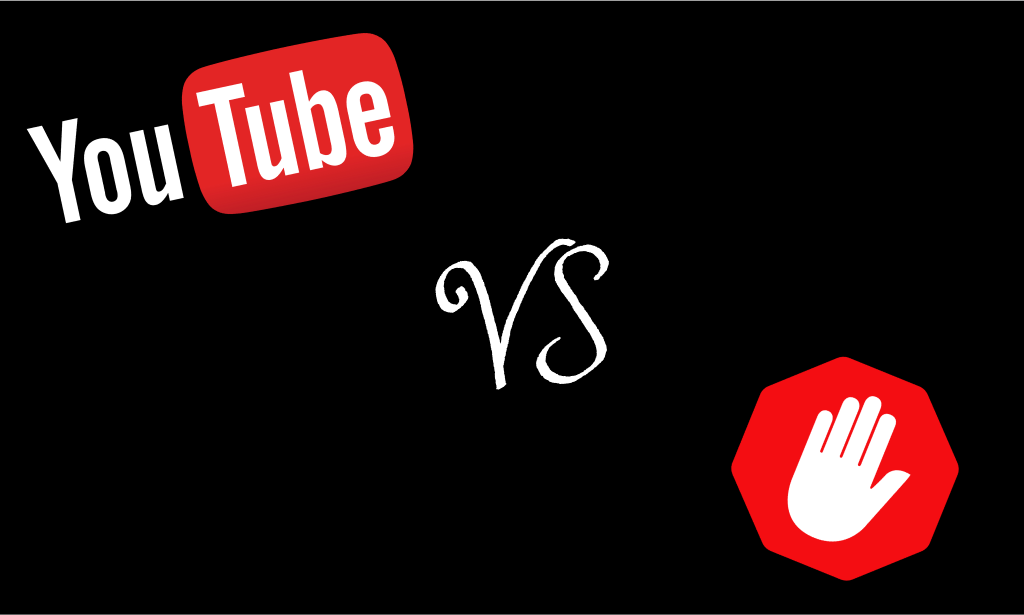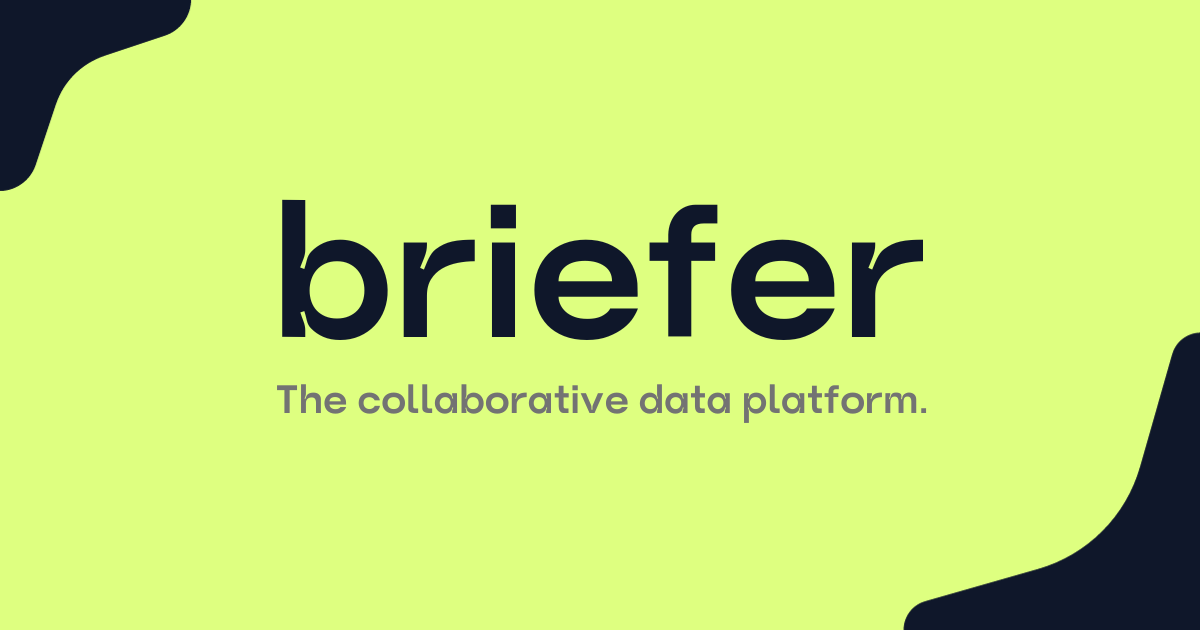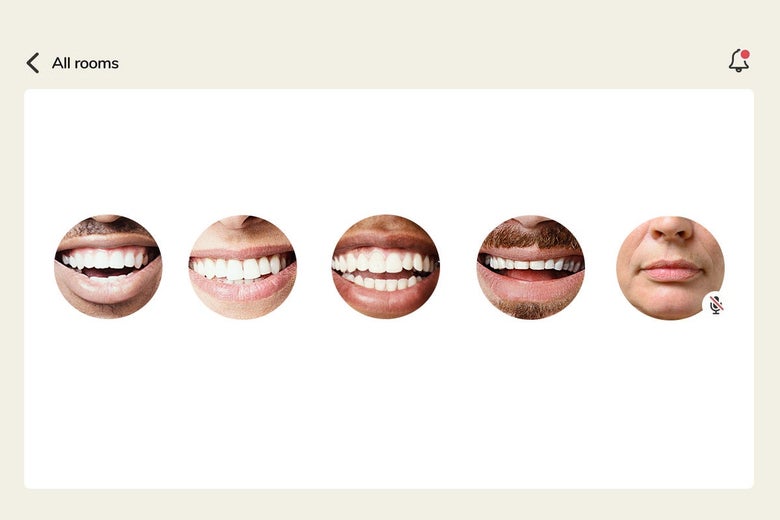
Clubhouse, the Shift to Spoken Social Media, and the Voices That Will Be Silenced
It’s before sunrise and I’m doing some accounting while listening to conversations on Clubhouse. On the app, people can schedule and host audio chat rooms, or they can listen in the audience of someone else’s room and ask to speak on the stage by raising their hand. It’s the days following the Atlanta-area mass shooting, and we’re assembled in a #StopAsianHate room in solidarity and with empathy, acknowledging the rise in anti-Asian violence since the pandemic began. At peak times more than 1,000 people from around the globe are in this room, a testament to how rapidly Clubhouse is spreading. While it’s still invite- and iOS-only, tech incumbents are taking notice. Mark Zuckerberg has appeared on the app and is rumored to be developing a clone. Twitter has released its own Clubhouse-inspired voice-chatrooms feature called Spaces. People enjoy the way a real-time audio chat room gives their voice a platform. But as social media moves towards real-time voice, I worry that the millions of Americans who are like Joe Biden and Elon Musk will be silenced.
More than 19 million Americans have a speech, language, or voice disorder, with about 3 million of those having a stutter. Most people who stutter begin doing so between the ages of 2 and 6, and 25 percent of them stutter for life. People who stutter can be mistaken as shy, nervous, or dishonest. They can be mocked, insulted, and even refused service. It is known to negatively affect employment.

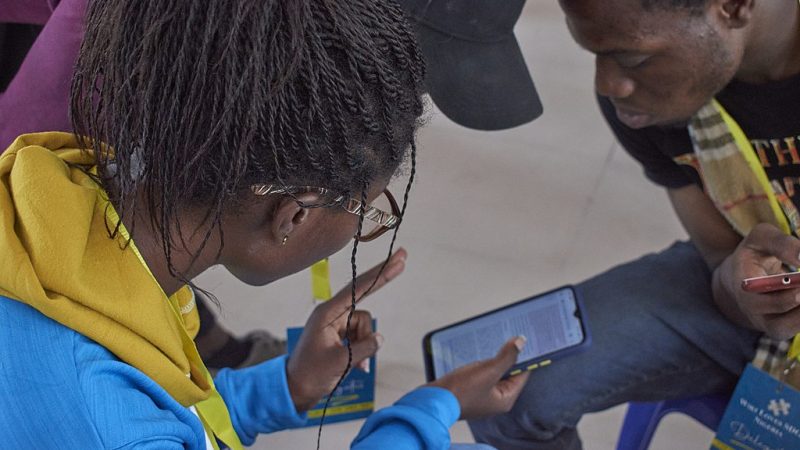

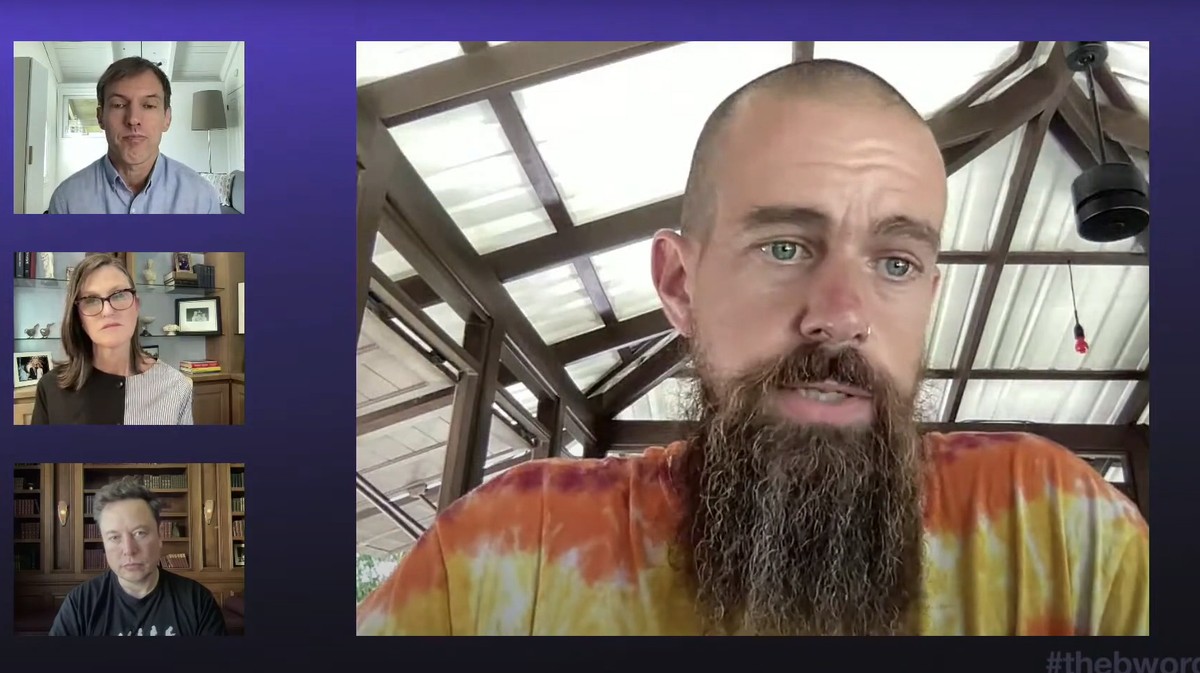



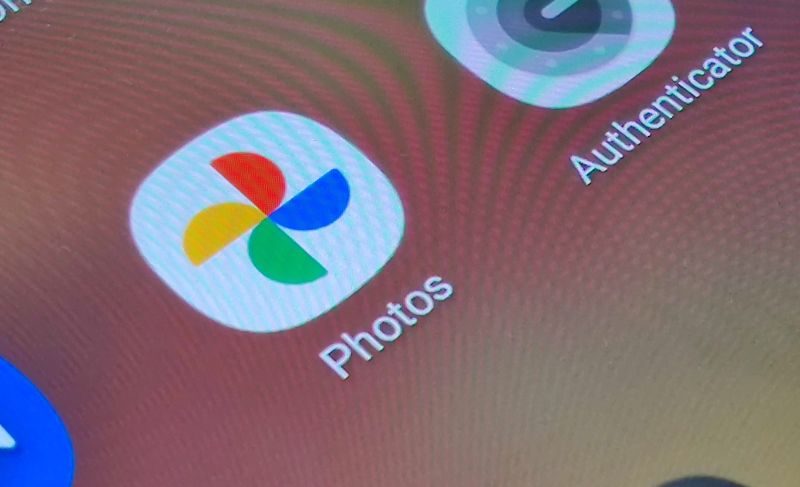
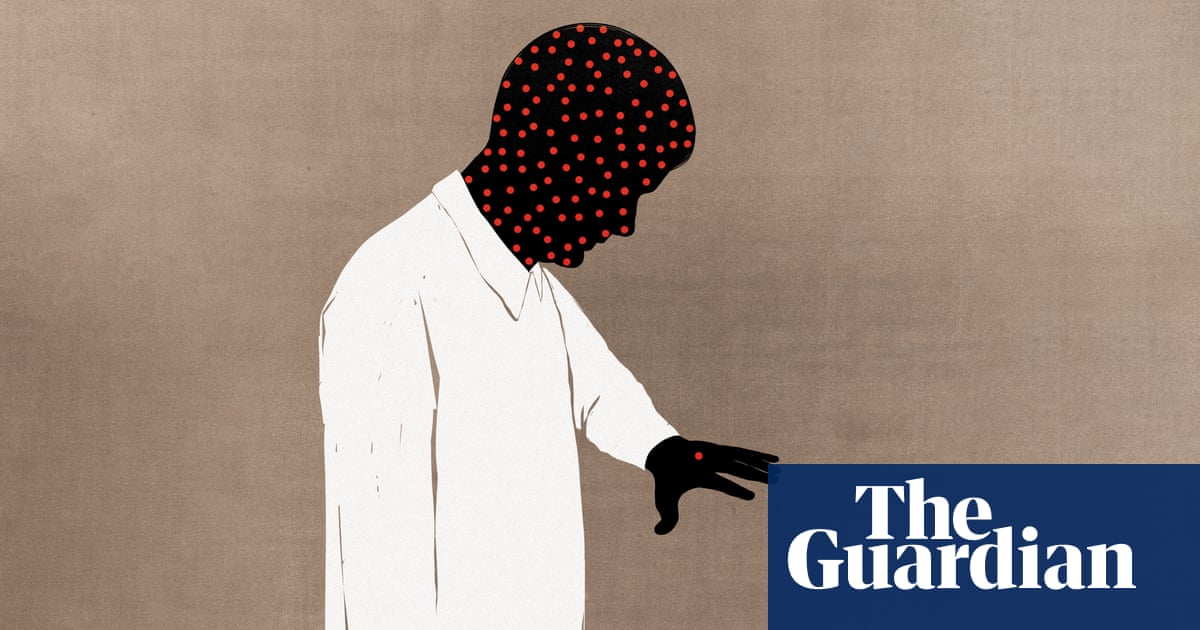



/https%3A%2F%2Ftf-cmsv2-smithsonianmag-media.s3.amazonaws.com%2Ffiler_public%2F6f%2F64%2F6f64a534-be29-44a3-a883-0c19b5e99984%2Fab1_-_branched_bamboo_coral_3689_7-25-09_jsl_0589.jpg)


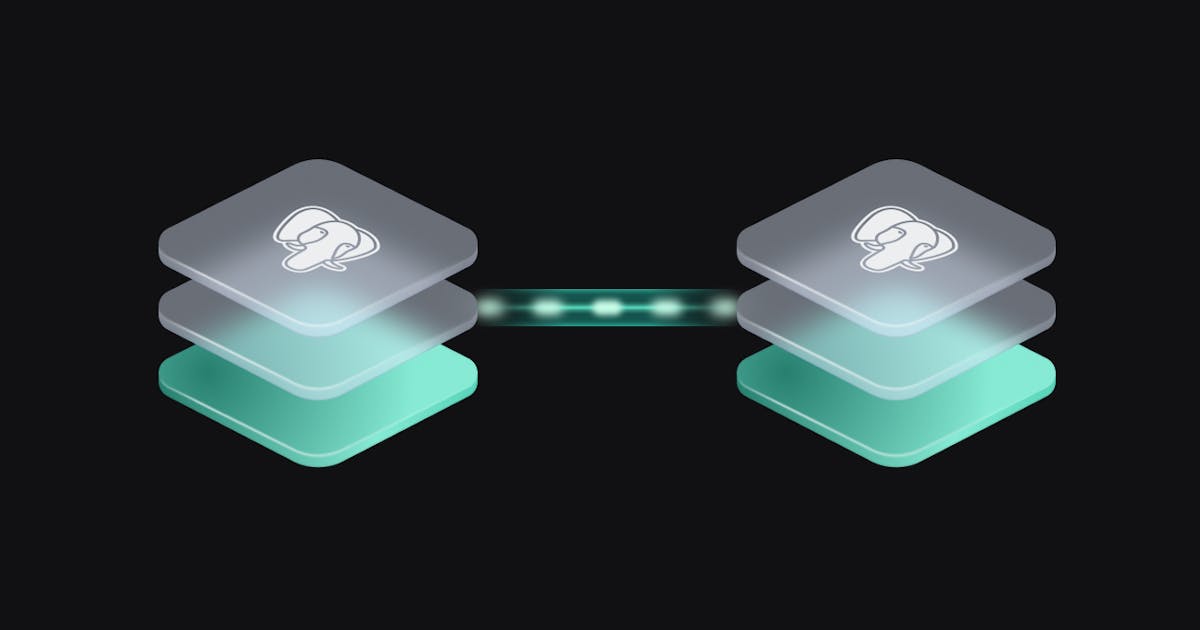
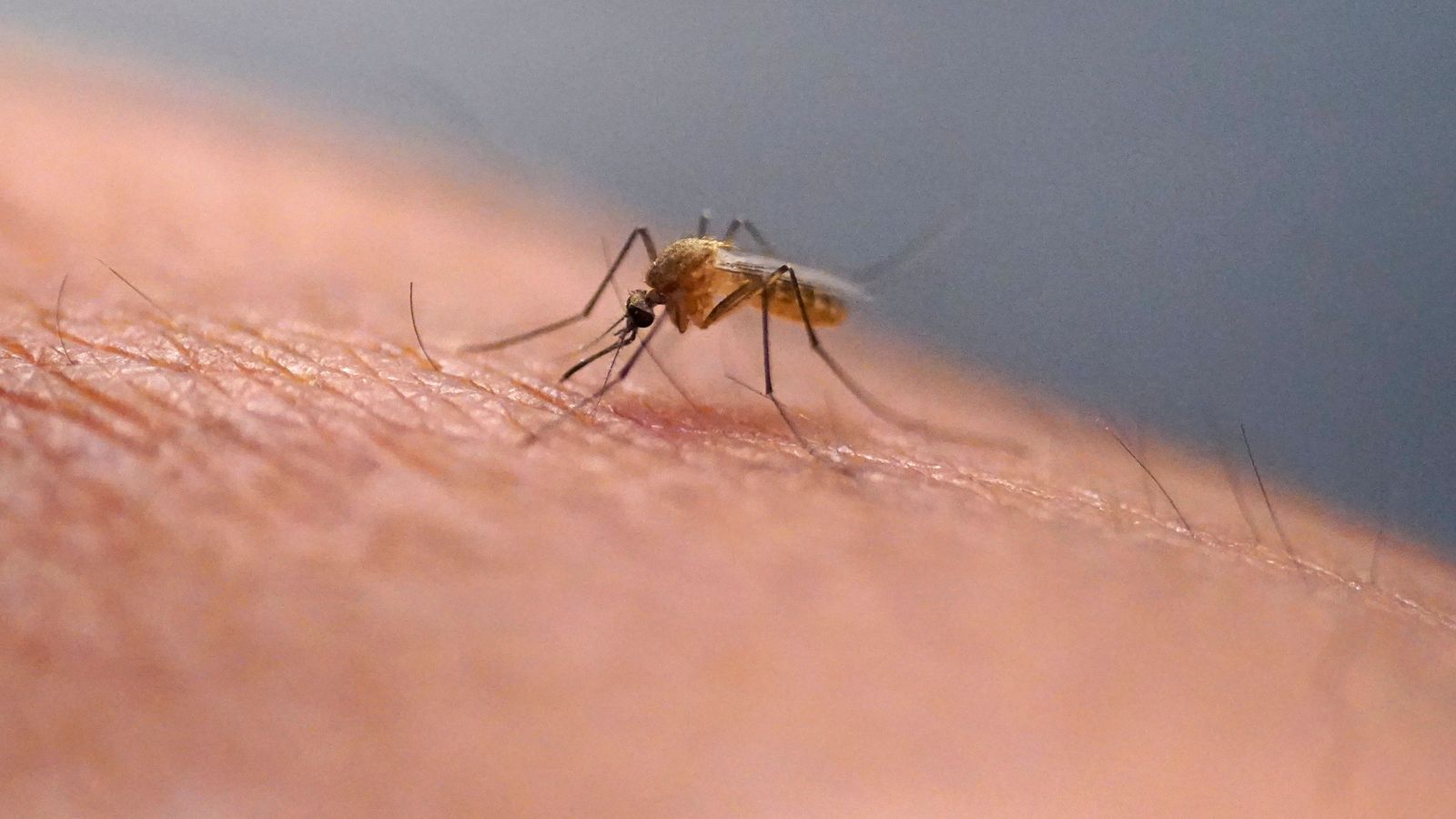




/cdn.vox-cdn.com/uploads/chorus_asset/file/25416391/STK473_NET_NEUTRALITY_CVIRGINIA_C.jpg)

